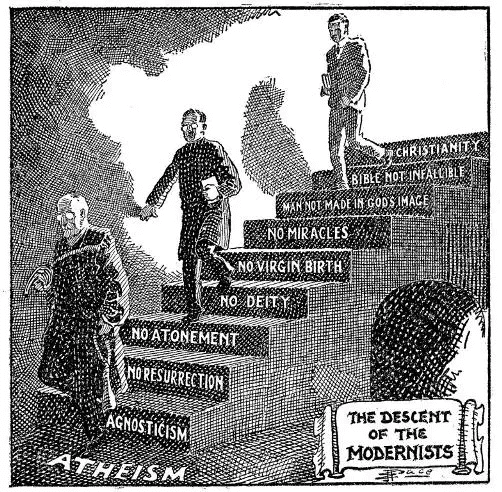
National Association of Christian Ministers Summary Series: Theology

Liberal Christianity is a theological movement within Christianity that emphasizes individual freedom, social justice, and progressive values. It is often associated with the Protestant tradition and has its roots in the Enlightenment, which emphasized reason, science, and humanism.
Liberal Christians typically place a greater emphasis on social and ethical issues than on dogma or doctrine. They tend to interpret the Bible in a more metaphorical and symbolic way, and are often open to new ideas and interpretations.
Liberal Christianity is often associated with a commitment to social justice, including issues such as poverty, environmentalism, and human rights. Many liberal Christians are involved in advocacy and activism related to these issues, and see their faith as a call to work for the common good.
Critics of liberal Christianity have accused it of sacrificing core Christian beliefs in favor of secular values, and of being too influenced by contemporary culture. Some have also raised concerns about the potential for liberal Christianity to become too focused on social and political issues, to the detriment of spiritual and theological concerns.
Overall, liberal Christianity is a diverse and evolving movement that reflects a commitment to progressive values and social justice, as well as a willingness to engage with contemporary culture and new ideas. The thought comes to mind: You can not be too open minded or your brains will spill out.
Progressive Christianity is a theological movement within Christianity that emphasizes a commitment to social justice, inclusivity, and progressive values. It is often associated with the liberal and postmodern trends of the late 20th century.
Progressive Christians often reject the dogmatism and exclusivity of traditional Christianity, and instead prioritize a more inclusive and welcoming approach to faith. They tend to interpret the Bible in a more metaphorical and symbolic way, and are open to new ideas and interpretations.
Progressive Christians are often involved in social justice movements, including issues such as poverty, environmentalism, and human rights. They see their faith as a call to work for the common good and to build a more just and compassionate society.
Critics of progressive Christianity have accused it of sacrificing core Christian beliefs in favor of secular values, and of being too influenced by contemporary culture. Some have also raised concerns about the potential for progressive Christianity to become too focused on social and political issues, to the detriment of spiritual and theological concerns.
Overall, progressive Christianity is a diverse and evolving movement that reflects a commitment to progressive values and social justice, as well as a willingness to engage with contemporary culture and new ideas.




